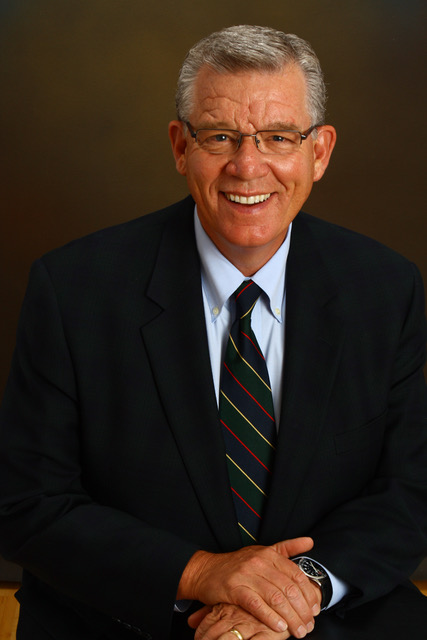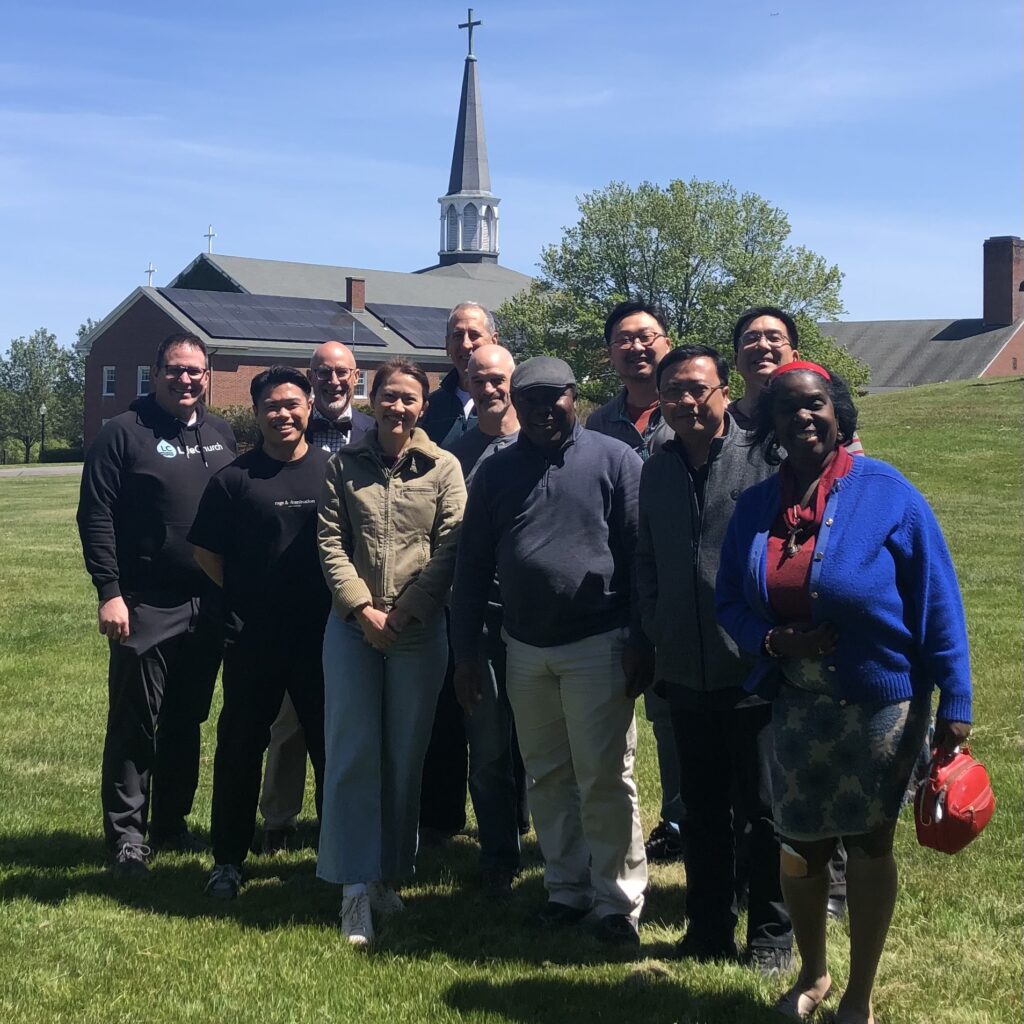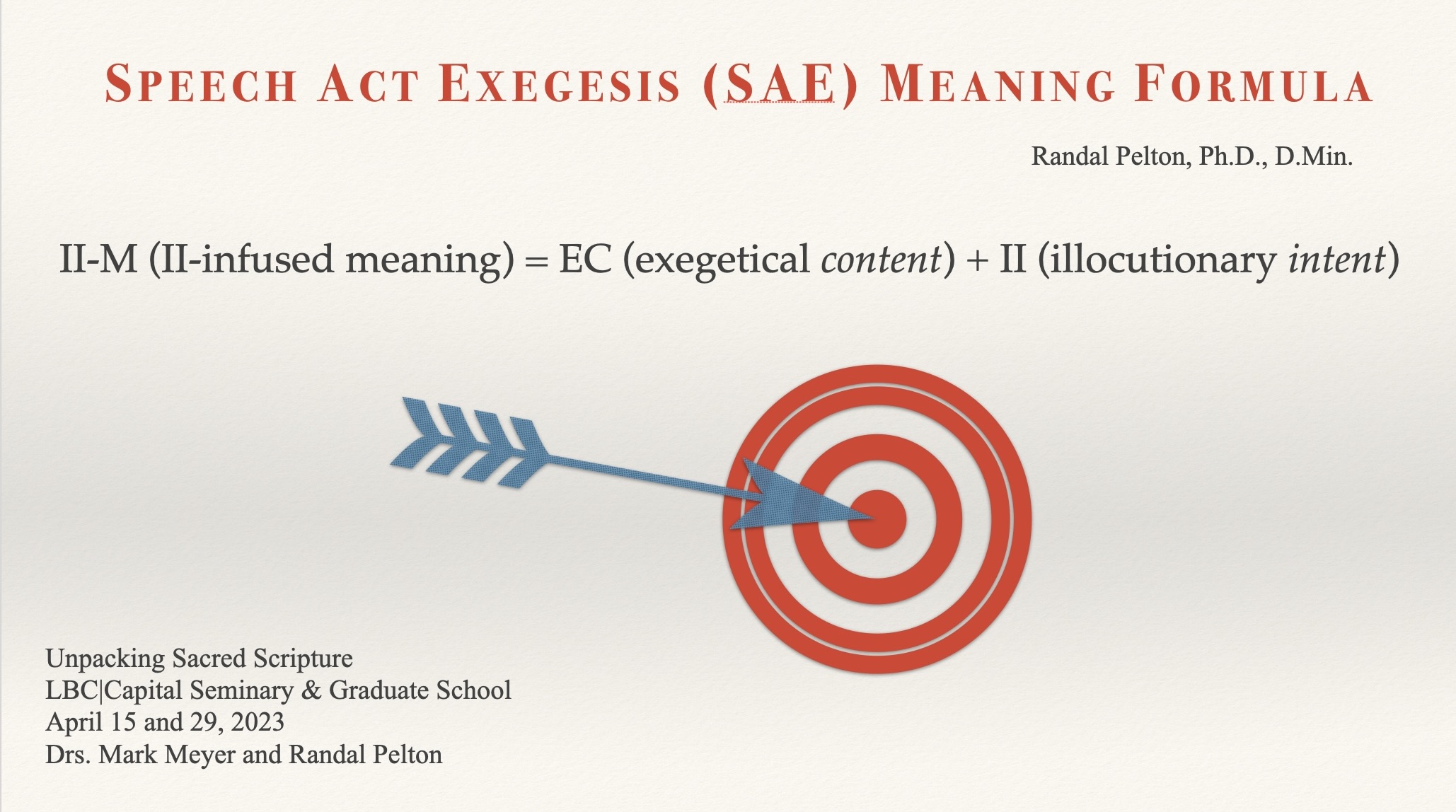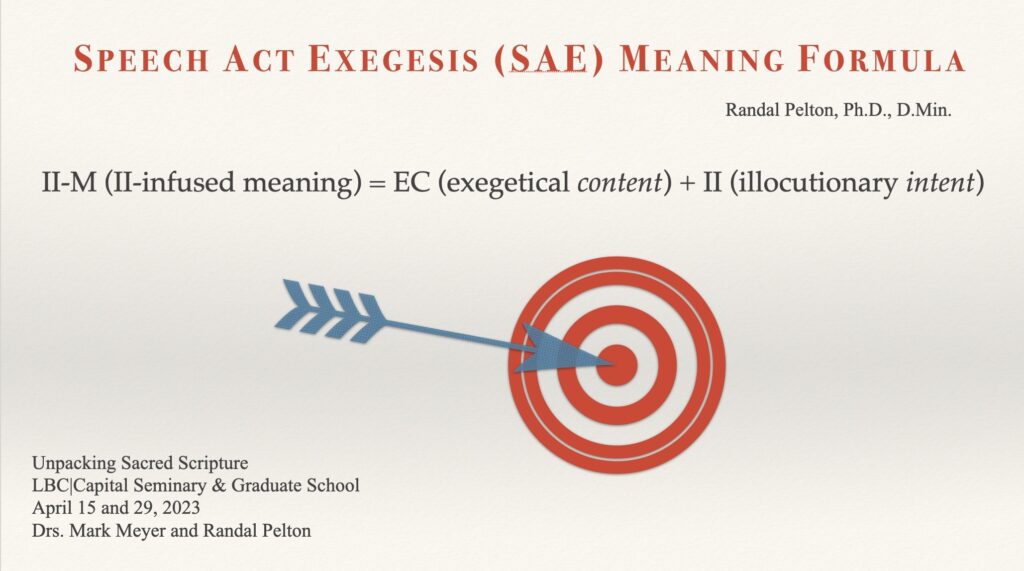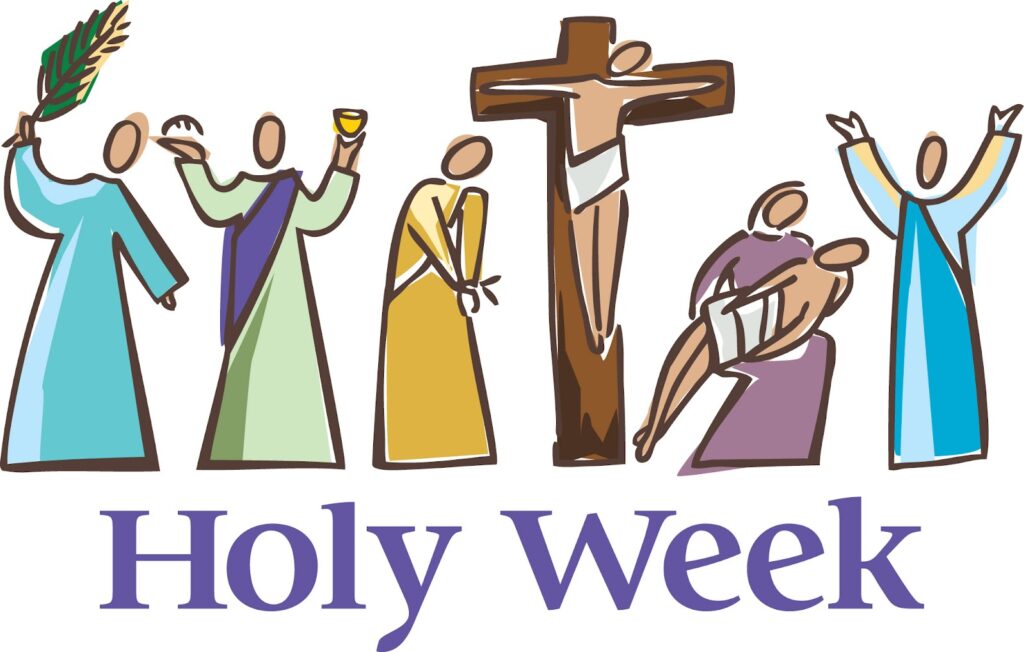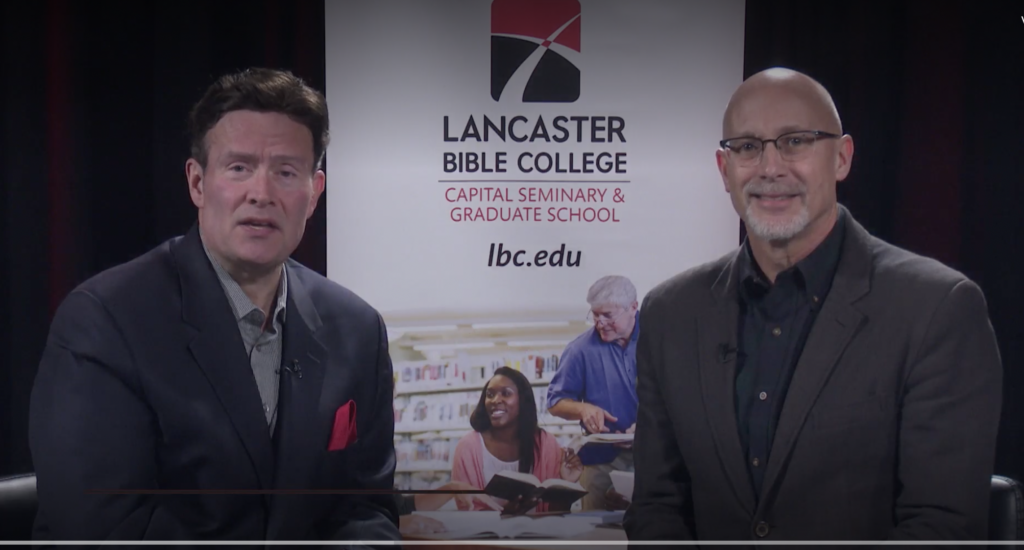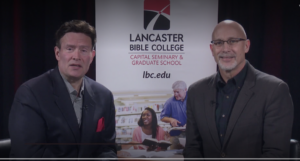A few weeks ago, I had the privilege of meeting up with Dr. Ron Gannett. I met him back in the early 90’s when I was pastoring in New Brunswick, Canada. Ron was our keynote speaker for a special conference. Back then he was the Senior Pastor of Park Bible Church in Burlington, ON, Canada. As I young pastor, I remember learning so much from him. So, I was delighted when he contacted me about being in the area (we’re both DTS alumni).
I asked Ron if he would write a guest post for me and here it is. Enjoy!
“Beyond Words to the Heart
I recently attended a funeral where most of the family members, as expected, read their prepared memories about their lost loved one. But, when the pastor did the same by reading his sermon from a manuscript, it communicated to us that it was more about what he was saying than what we were feeling or needing at that moment. As he missed this strategic opportunity to speak from the heart, it reminded me that it is not about what I am saying, but what they are hearing.
Of course, manuscripts are helpful, and I often use bullet points written in my Bible to keep me focused. The issue I am addressing is whether we are too concerned about our presentation at the expense of the listener. Am I trying to give them the whole wheelbarrow of information I learned or equipping them to respond to God’s Word?
When I first started teaching at a Bible College just out of seminary, my dean required that I write my course objectives around three simple directives: what do I want my students to know, feel and do after taking this course. That stretching exercise has shaped my teaching and preaching to this day. It structured the course around the student’s needs, not me.
I have discovered through the years that these three objectives add fulness to the sermon. Sadly, content alone may glorify the preacher or make the listener feel inadequate. But truth that is clear and memorable, encouraging and motives the heart and provides tools and resources for the listener to practice will help produce the spiritual formation we crave for our people.
If you think about it, all three are essential since the emphasis on one without the others will only lead to unhealthy spirituality. So, lets proclaim the glory and grace of God to help hearts know, love and follow Him.”


